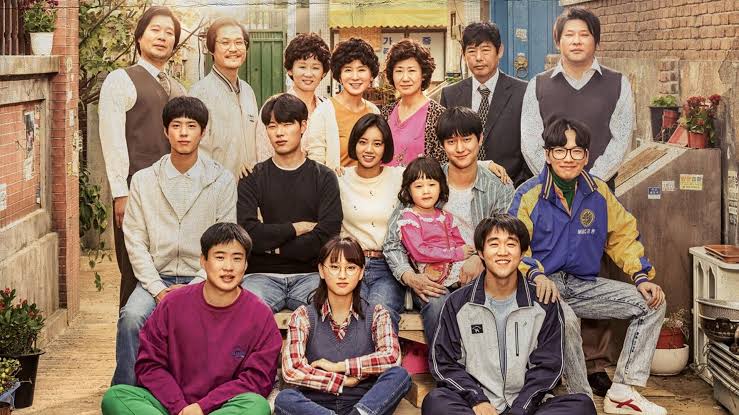Annyeonghaseyo, chingudeul! This section guides you to learn basic Korean focusing on family 가족 (gajok) and kinship terms. I believe most of you are familiar with some vocabularies from K-drama or reality show footages. Surely kinship terms in Korean are much different from English and relatively complicated. The terms are gender-based and mostly depend on either the referred ones or the main subject. Besides, Korean is renowned for its hierarchal system, so you will find both formal and casual forms. Let’s learn it from the popular terms!
1. 부모 (Bumo) – Korean Family Terms for Parents
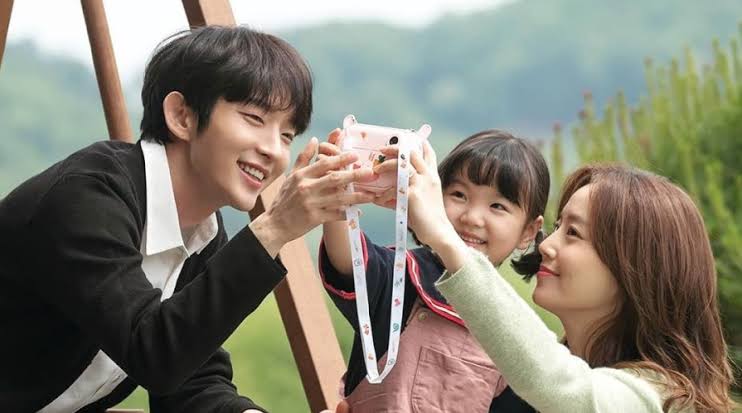
Korean has two ways in addressing parents. If you want to address them more formally, you should call your father 아버지 (abeoji) and your mother 어머니 (eomeoni). This is also a polite way to address other’s parents in order to respect them. Remember, hierarchy in Korean requires a manner. The younger or junior should respect the older or senior by addressing politely. However, you may also call your father 아빠 (appa) and your mother 엄마 (eomma). These sound more casual and are like “mom” and “dad” in English. It’s common to address your parents with those terms or other’s parents who are personally close to you. If you are not that close to them in personal, you should use 아버지 (abeoji) and 어머니 (eomeoni) instead of 아빠 (appa) and 엄마 (eomma).
2. Older Siblings

Image Source: W Korea
This part is little bit complicated but I believe you are able to memorize the terms well since these can be found in every K-drama. The way you address your older siblings is based on your gender and their gender. If you are female, you call your brother 오빠 (oppa) and your sister 언니 (eonni). 오빠 (Oppa) can also refer to your boyfriend or others who are older than you and you have a close relation in personal. If you are male, you address your brother as 형 (hyeong) or 형님 (hyeongnim) to be more formal and your sister as 누나 (nuna).
3. Younger Siblings
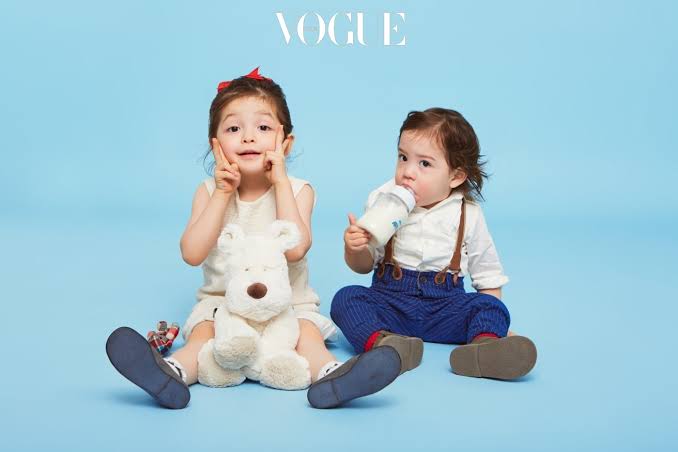
The way to address your younger siblings is simpler than to address the older ones. You only refer to their gender. Originally, it consists of 남동생 (namdongsaeng) which means little brother and 여동생 (yeodongsaeng) which means little sister. However, people tend to simplify by generalizing those terms with 동생 (dongsaeng). This term sounds more common, especially in the casual conversation.
4. Grandparents
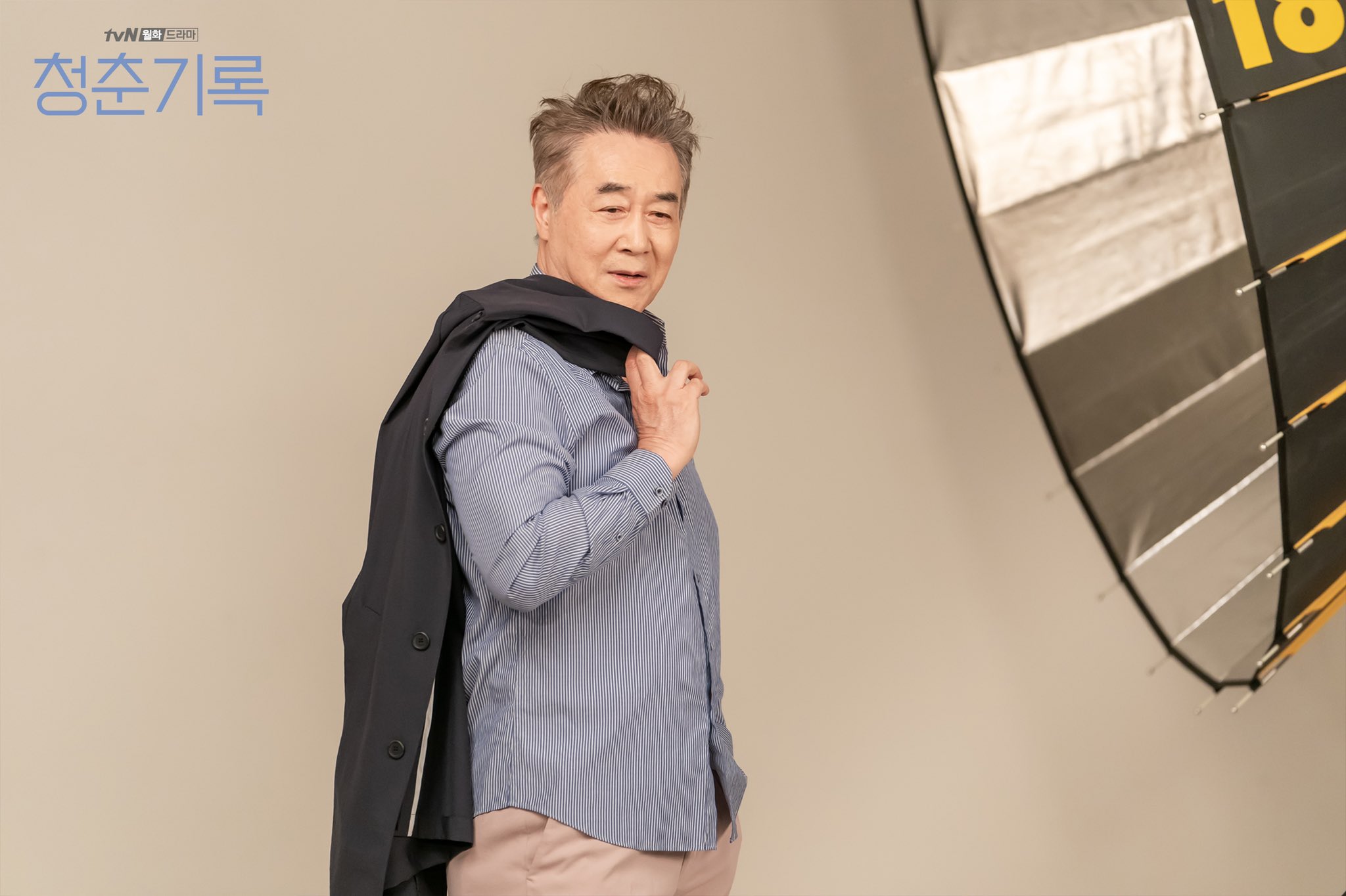
Grammatically, addressing the older family members like grandparents is based on your paternal and maternal side. Your paternal grandfather is called 할아버지 (harabeoji) and paternal grandmother is called 할머니 (halmeoni). Meanwhile, Koreans usually add the suffix 외 (we) to refer the maternal grandparents. So it consists of 외할아버지 (we-harabeoji) for maternal grandfather and 외할머니 (we-halmeoni) for maternal grandmother. However, sometimes they simplify the terms with 할아버지 (harabeoji) or 할머니 (halmeoni) only.
5. Korean Family Terms for Kinship

Similar to grandparents, addressing your aunt and uncle is based on the paternal and maternal side. You may call your paternal uncle 큰아빠 (keun-appa), or 작은아빠 (jageun-appa), or 삼촌 (samchon) and your paternal aunt 고모 (gomo). Meanwhile, sometimes Koreans also add the suffix 외 (we) for the maternal side. You may address your maternal uncle as 외삼촌 (we-samchon) and your maternal aunt as 이모 (imo). This part sounds more complex since we know that the root of Korean kinship system or structure is originally based on Korean traditional family system which is extended family.
6. Spouse
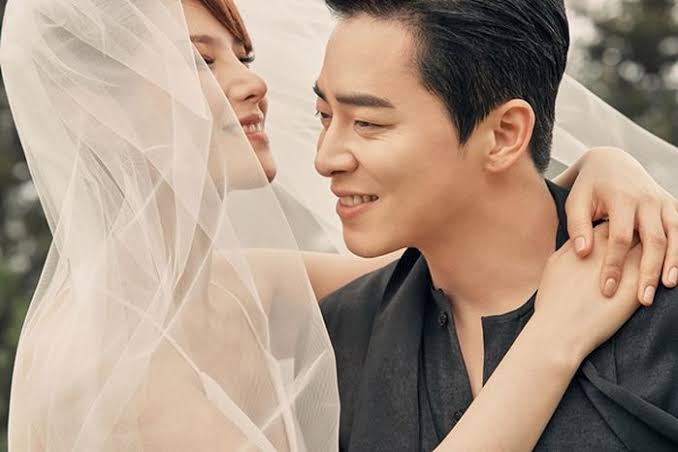
Married couple in Korean commonly calls their spouse 여보 (yeobo), either for their 남편 (nampyeon) which means husband or their 아내 (anae) which means wife. However, sometimes Korean wives call their husband 오빠 (oppa) and it is still common to use although they are married. If you are unmarried, don’t dare to call your couple 여보 (yeobo) because it sounds cringe, lol! Sometimes non-Korean natives are mistaken about this term use. You can use 자기야 (jagiya) or 자기 (jagi) which means ‘babe’ instead of 여보 (yeobo).



